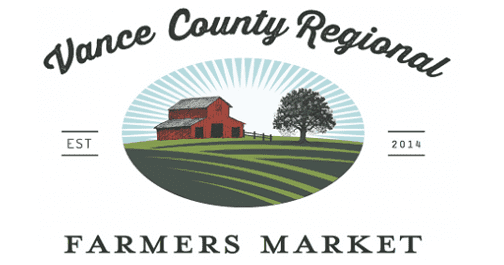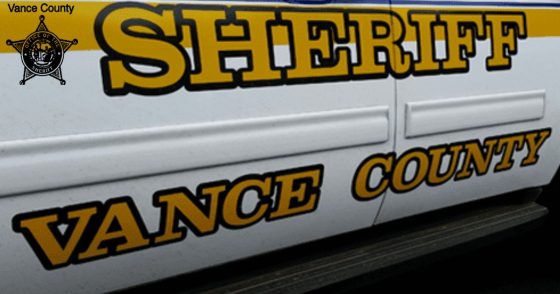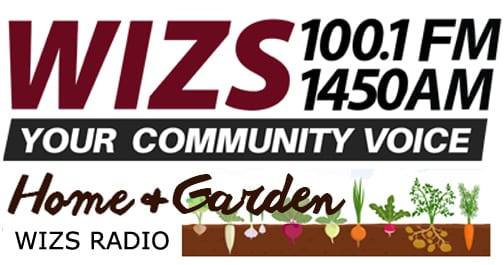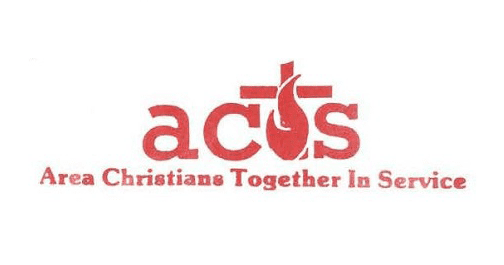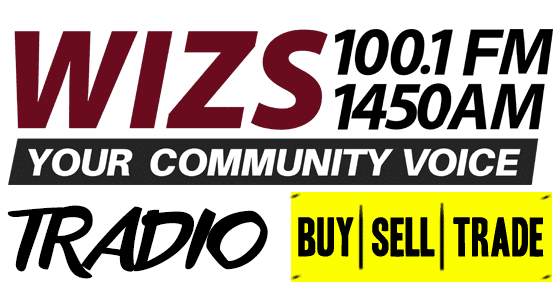THIS STORY IS PRESENTED IN PART BY DRAKE DENTISTRY
Jason Orthner, Rail Division Director with the N.C. Department of Transportation (NCDOT), appeared on WIZS Town Talk Wednesday at 11 a.m.
Orthner discussed the $47.5 million federal grant awarded to the Rail Division for the purchase of the S-Line railroad corridor, part of the Southeast Corridor, between Raleigh and Ridgeway in Warren County, NC.
According to a recent NC DOT press release, the U.S. Department of Transportation named the Southeast Corridor as one of the first five federally designated higher-speed rail corridors in the country in 1992. The Southeast Corridor is a network of passenger and freight rail that runs from Washington, D.C. to Jacksonville, Fla., encompassing D.C., Virginia, North Carolina, South Carolina, Tennessee, Georgia and Florida.
“The [NC DOT Rail Division] grant is specifically related to the acquisition of the S-Line rail corridor that runs from Petersburg, VA, down through Henderson and Vance County, into Raleigh and continues south through Cary, Apex, Sanford and Hamlet,” said Orthner.
Providing a brief history of the railroad, Orthner said the route through Henderson dates back to the 1830s and is one of the original railroads built in the country.
“In the late 1980s, the service changed because they truncated the line at Norlina, so they removed the tracks between Petersburg and Norlina,” said Orthner. “It’s now underutilized because it’s a stub-ended route, and the freight can only come in and out one way. So the acquisition of the corridor includes looking at how we can enhance freight by reconnecting the line north while also expanding passenger opportunities. We think it’s a great opportunity to do both on this line through this acquisition.”
To continue the project north, Orthner said DOT partners in Virginia are involved in similar acquisitions to connect the remaining line from Ridgeway to Petersburg.
According to the NCDOT, the Southeast is projected to see one of the largest population growths in the country over the coming decades. With a corresponding increase in freight volume expected, Orthner said improving rail infrastructure will reduce highway congestion and expand connectivity for both passengers and goods between states.
To hear the interview in its entirety, go to WIZS.com and click on Town Talk.
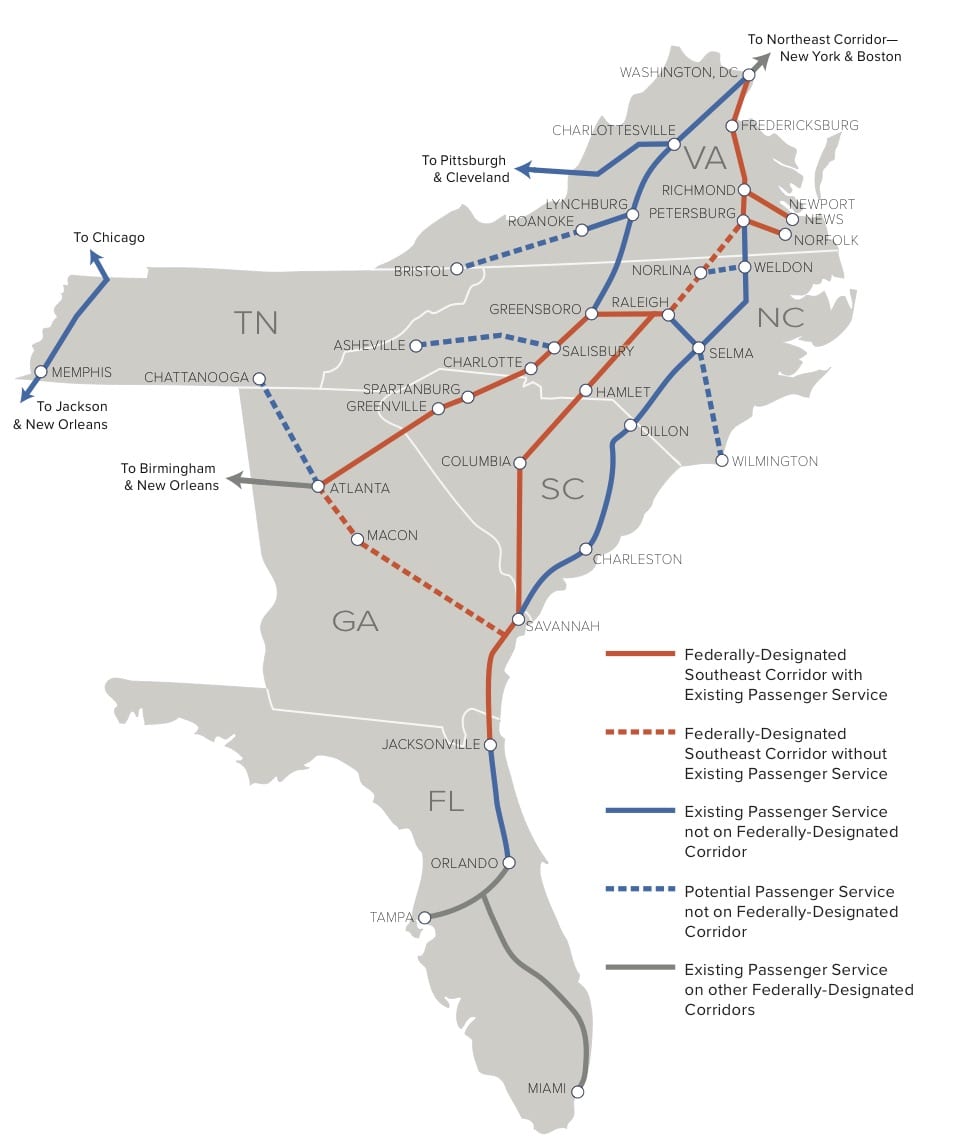
The Southeast Corridor is a network of passenger and freight rail that runs from Washington, D.C. to Jacksonville, Fla., encompassing D.C., Virginia, North Carolina, South Carolina, Tennessee, Georgia and Florida. (Graphic courtesy the NCDOT)



